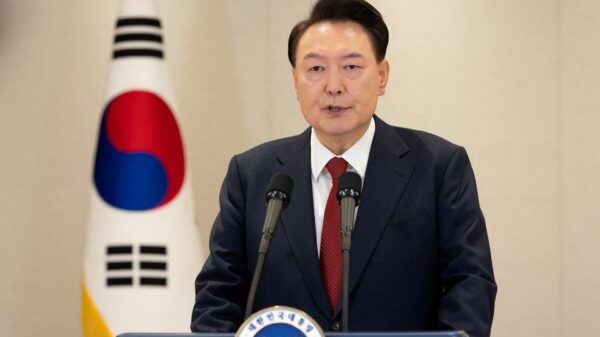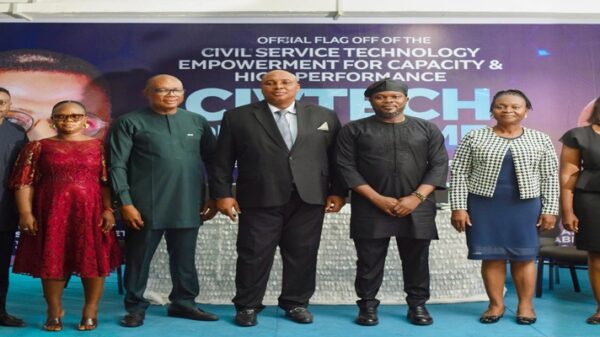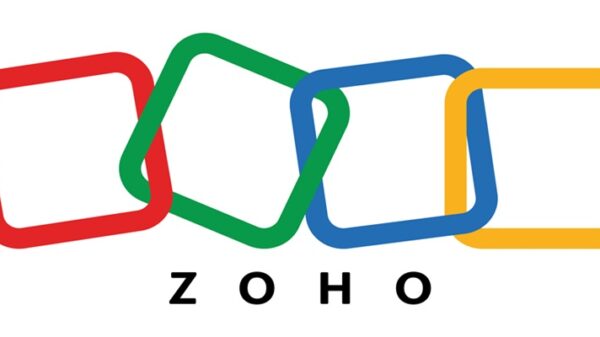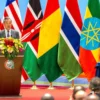Some residents in the rural communities of the Federal Capital Territory (FCT) have identified economic challenge as one of the factors affecting their compliance to exclusive breastfeeding.
In separate interviews with the News Agency of Nigeria (NAN) on Friday in Abuja, they statedtheir different experiences and views on exclusive breastfeeding.
The 2021 World Breastfeeding Week (WBW) runs from Aug. 1 to Aug. 7 with the theme “Protect Breastfeeding: A Shared Responsibility.”
Mrs Sandra Danjuma, a trader in Galadimawa, who blamed her noncompliance to exclusive breastfeeding to economic challenges, said they could not afford proper meal in the home.
According to her, there is no money in the house even to feed very well as a nursing mother because her husband does not have a regular means of income.
She added that “I decided to give water to my baby after breastfeeding her because I believe breastmilk will not be enough for her and after some months, I started to feed her with little food.”
Another resident, Mrs Patience Ola, a business woman residing in Kabusa community said “when I gave birth to my daughter, my mother did not allow me to do exclusive breastfeeding.
“She said I should give water to my baby too, apart from the breastmilk, saying the baby will be dehydrated.
“My mother also said that giving breastmilk without water was not done during her time.”
Also, Mrs Rachel Aaron, a resident of Jiwa community, told NAN that women in the area never believedin exclusive breastfeeding.
“She said I did not do exclusive breastfeeding for my children because of negative things I was told about it.
“This is because the child finds it difficult to eat normal food apart from breastmilk even after weaning him or her.”
On the contrary, Mrs Precious Ifeoma, a lady Photographer in Guzape, Abuja, said she did exclusive breastfeeding against her mother’s advice on giving water to her baby.
She said “this is because I know the implications of not doing exclusive breastfeeding, so I tried as much as possible to breastfeed all my children without water for six months.
“I did exclusive breastfeeding in spite of my mother’s advice that it has been a long tradition to feed a baby with water.”
Another resident, a Midwife in Apo community who did not want to be identified, said the compliance in the rural community was low.
She said “most of the residents do not give full compliance due to some cultural beliefs.
“Some said their parents never taught them to give breastmilk only for six months, while others said they don’t havethe resources to feed well during the nursing period.
“Others also said breastmilk alone cannot satisfy the baby and therefore, add water to augment the breastmilk.”
Meanwhile, the UN Children’s Fund (UNICEF), and the World Health Organisation (WHO), have faulted the rate of exclusive breastfeeding in Nigeria, which the 2018 Nigeria Demographic and Health Survey (NDHS), put at 29 per cent. (NAN)
![]()




























































